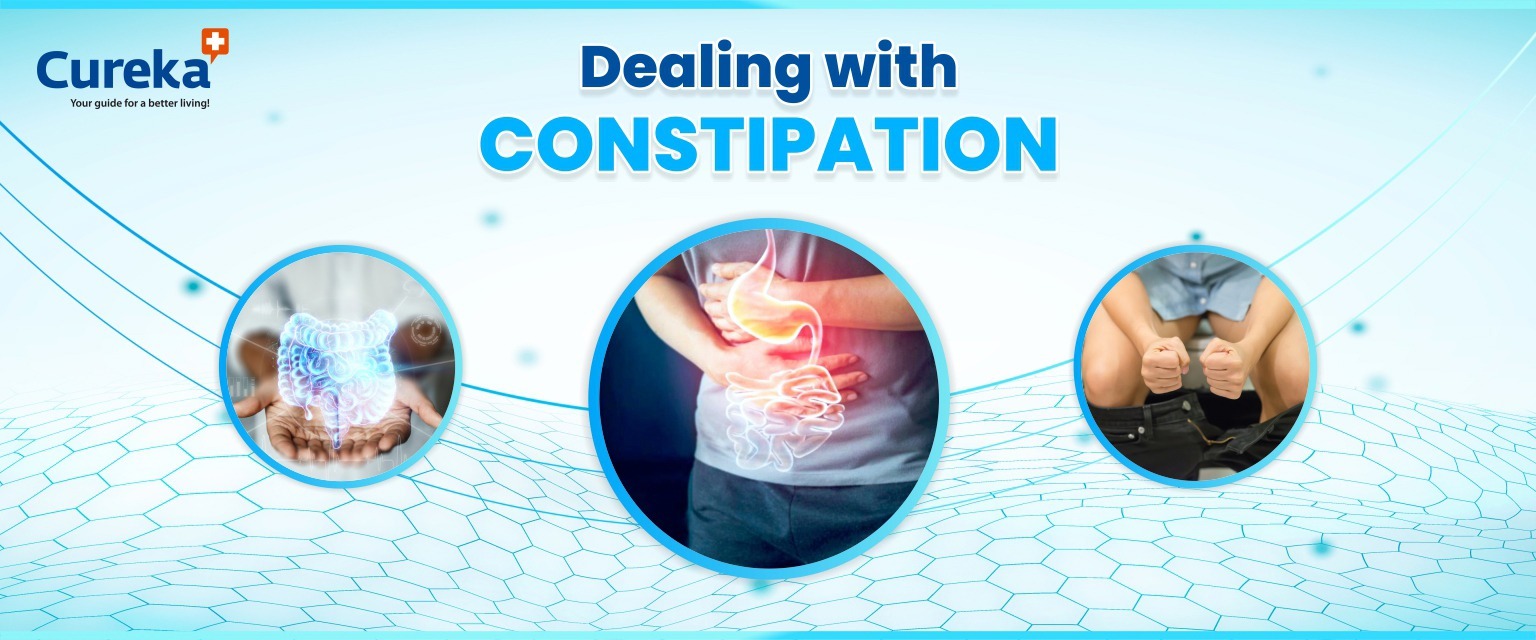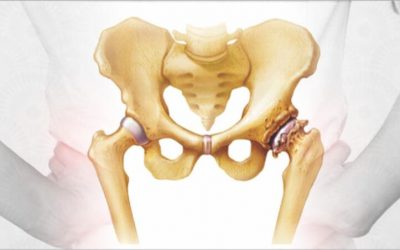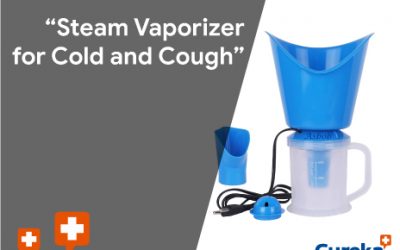Dealing with Constipation
Constipation is a common gastrointestinal issue that affects millions of people worldwide. Even though its quiet common it can be an uncomfortable and frustrating condition, causing symptoms such as infrequent bowel movements, difficulty passing stools, and a feeling of incomplete evacuation. In this blog, we will explore the topic of constipation from a medical standpoint, discussing over-the-counter powders available for relief, as well as natural remedies to alleviate this condition.
Understanding Constipation:
Constipation occurs when there is a decrease in the frequency of bowel movements or difficulty passing stools. This may also occur when stool remains in the colon for longer interval and absorbs the water content making the stool harder to pass. It can be caused by various factors, including a lack of dietary fibre, inadequate fluid intake, a sedentary lifestyle, certain medications, and underlying medical conditions and its difficult to identify the cause. Although occasional constipation is usually harmless, chronic or severe cases may require medical attention. Anyone with long- term constipation can develop Piles or haemorrhoids, faecal impaction ( a condition in which wastes collected in the rectum) , bowel incontinence ( leakage of liquid stools) and rectal prolapse ( where part of lower intestine falls and protrudes from the anus) . Suppositories and mini enemas are performed initially to pass stools. If no improvement is noticed doctor proceeds with further treatment options. So if your constipation lasts more than 14 days with no improvement its always better to consult a doctor to avoid chronic constipation.
Over-the-Counter Powders for Constipation Relief:
When it comes to managing constipation, several over-the-counter powders are available that aim to alleviate symptoms and promote regular bowel movements. It’s important to note that these products should be used in accordance with the manufacturer’s instructions and only for short-term relief. Here are a few common powders available:
- Fiber Supplements: Fiber supplements such as psyllium husk (isabgol) , methylcellulose, and wheat dextrin can help soften stools and increase their bulk, facilitating easier passage. These supplements work by drawing water into the stool, making it easier to pass. It is crucial to drink an adequate amount of water when taking fiber supplements to prevent potential discomfort or obstruction.
- Osmotic Laxatives: Osmotic laxatives, such as lactulose, work by drawing water into the intestines, softening the stool and promoting bowel movements. Yes lactulose increases the number of bowel movements and it is generally considered safe for short-term use, but prolonged use should be discussed with a healthcare professional.
- Stool Softeners: Stool softeners, like docusate sodium, are aimed at reducing the hardness of stools, making them easier to pass. They work by allowing water to penetrate the stool, preventing dryness and discomfort during bowel movements.
- Enemas: The purpose of enema is to gently flush out the colon. Constipation can be relieved using enema as it can stimulate stool evacuation. Enemas are injections of fluids used to cleanse or stimulate the emptying of your bowel. Your doctor will decide on whether to give cleansing enema or retention enema. Few may be advised to use at home enema.
Remedies for Constipation:
In addition to over-the-counter powders, there are several natural remedies that can help relieve constipation. These remedies focus on lifestyle modifications and dietary changes, promoting long-term digestive health. Here are a few recommendations:
Increase Fiber Intake: Include more fiber-rich foods in your diet, such as fruits, vegetables, whole grains, legumes, and nuts. Fiber adds bulk to the stool, aiding in regular bowel movements. It’s important to gradually increase fiber intake to prevent bloating or gas.
Stay Hydrated: Drinking an adequate amount of water throughout the day helps maintain hydration and softens the stool. Aim for at least eight glasses of water daily, and consider consuming other hydrating fluids like herbal teas or juices.
Regular Exercise: Engaging in regular physical activity, such as brisk walking or moderate-intensity exercises, stimulates the muscles in the intestines and promotes bowel regularity. Aim for at least 30 minutes of exercise most days of the week.
Probiotics: Probiotics, found in foods like cottage cheese, buttermilk, help promote healthy gut bacteria. They can improve digestion and alleviate constipation in some individuals. Consider incorporating these probiotic-rich foods into your diet.
Healthy Toilet Habits: Maintain regular toilet habits by responding to the urge to have a bowel movement and setting aside adequate time in a relaxed environment. Avoid straining during bowel movements, as it can worsen constipation and lead to other complications.
Conclusion:
All the products and remedies recommended are for anyone who gets constipation not very often. Before beginning any new treatment or solution, it’s crucial to get medical advice, especially for cases of persistent or extreme constipation. People might obtain alleviation and improve their general digestive health by comprehending the causes and taking the necessary action. Remember, it is advised to seek medical advice if constipation worsens or persists














